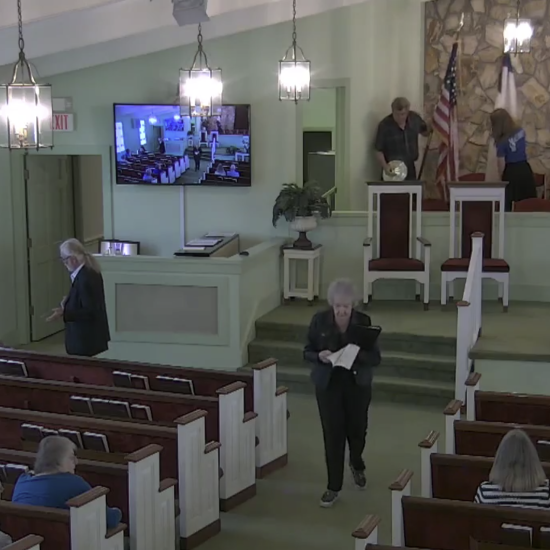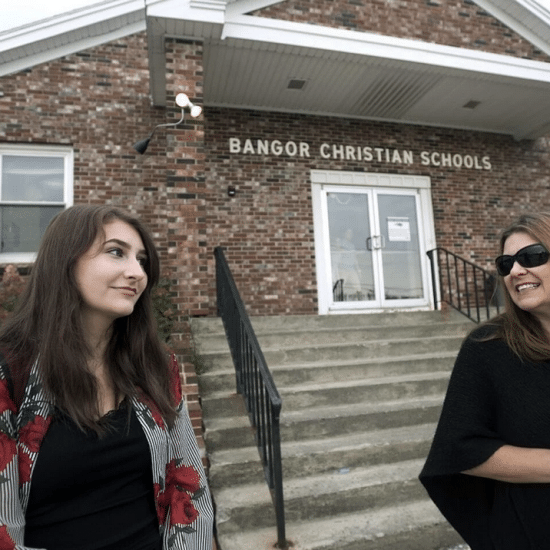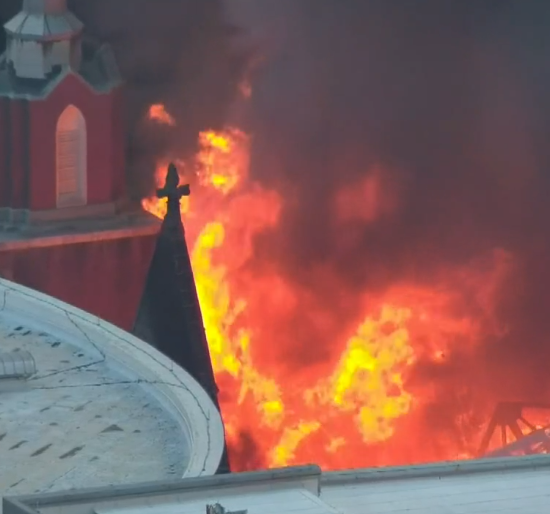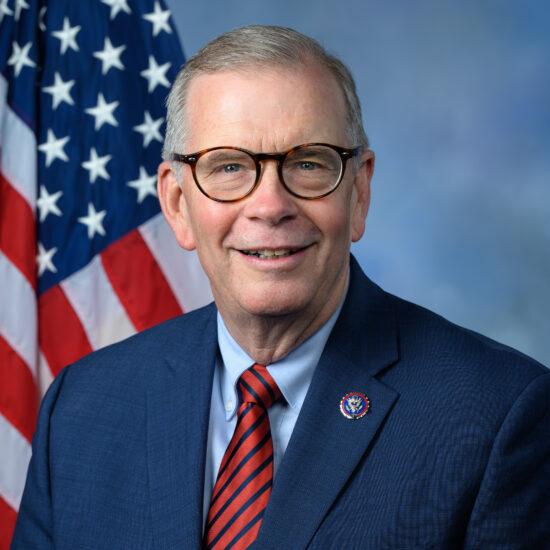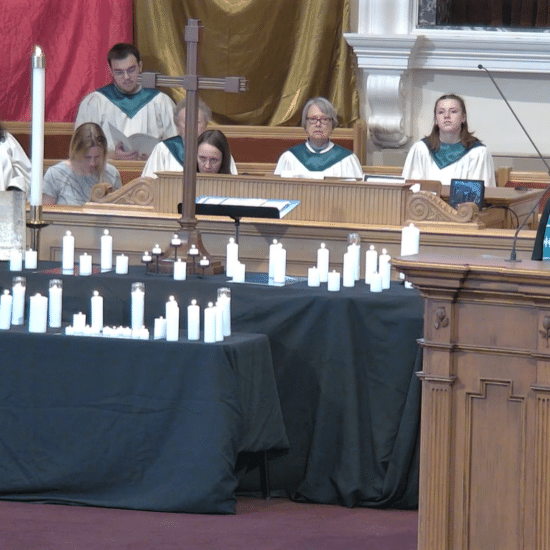CANTON, Ga. (ABP) — A Southern Baptist mega-church is at the center of a possibly brewing legal battle over the constitutionality of public schools holding graduation exercises in a church.
The Cherokee County Board of Education voted Dec. 2 to table for one month a vote on whether to move graduation ceremonies from First Baptist Church in Woodstock, Ga., to a non-religious alternative site. According to local media, current board members concurred the school district would be in a better position for litigation if the vote is delayed until after three new board members are sworn in Jan. 20.
Cherokee County, originally a part of Cherokee Indian territory, is the 29th fastest growing county in the nation with population of 10,000 or more. Since 2005 district high schools have held graduations in the sanctuary of the 17,000-member congregation led by former Southern Baptist Convention President Johnny Hunt.
In October 2009 attorneys for Americans United for Separation of Church and State wrote school officials advising that it is unconstitutional to hold a public-high school graduation in a church and asking that future graduation ceremonies be held in secular locations.
Even though attendance at graduation is technically voluntary, lawyers said, requiring students to go to a church to receive their diplomas is a form of religious coercion not permitted under the First Amendment's ban on establishing religion. Architectural features including a large cross displayed above where the students would receive their diplomas, they said, made it even more likely that non-Christian students would be exposed to unwanted expressions of religion.
School officials proposed a compromise, saying other venues of comparable size to the church cost far more and offering to use disclaimers that using the church is not an endorsement of a particular religion. Americans United responded that a school district's desire for a larger or cheaper facility could not legitimize what would be otherwise a constitutional violation and that the Constitution prohibits not only conduct that has a religious purpose but also conduct that has a religious effect.
A Cherokee Tribune report of the Dec. 2 meeting said a comment by one parent that the school board should not allow an outside group to "impose their will on us" and "intimidate us" drew applause from a standing-room-only crowd in attendance.
A local rabbi asked administrators to consider the rights of non-Christians. While in the United States the majority rules, he said, "it cannot be at the peril of the minority." The debate isn't between Christians and non-Christians, he added, but about what is "morally and ethically" correct.
The senior pastor of First Baptist Church said Dec. 3 that he doesn't have a comment on the debate at this time. "I feel the decision is in the hands of the school board," Hunt said in an e-mail.
The Baptist Joint Committee for Religious Liberty says holding graduation ceremonies in houses of worship is common in some communities, particularly in rural areas where a local church may be only space large enough to accommodate a crowd. When it involves people of differing faiths, however, constitutional questions can arise.
In May a federal judge in Connecticut ordered a school district to move graduation ceremonies for two high schools from a church to a secular setting.
U.S. District Judge Janet Hall said Enfield Public Schools' decision to hold graduations in a church violated the First Amendment and sent the message to students that the schools favor religion over non-religion and one religious belief over others.
A Wisconsin federal judge in 2009 ruled just the opposite, holding that a school district did not violate the Establishment Clause by holding graduation and senior honors ceremonies at a Christian church.
Chief U.S. District Judge C.N. Clevert said the Elmbrook Joint Common School District's decision to use the church was not coercive, did not constitute endorsement of a religion and did not excessively entangle church and state. He also rejected an argument that using taxpayer funds to rent facilities from a church was a violation of the Establishment Clause.
The Baptist Joint Committee says that while all graduations scheduled for religious venues are not veiled attempts to proselytize, graduation ceremonies should be held in a non-religious venue whenever possible.
-30-
Bob Allen is senior writer for Associated Baptist Press.
Previous ABP story:
Judge says school cannot hold graduation ceremony in church (6/1)

